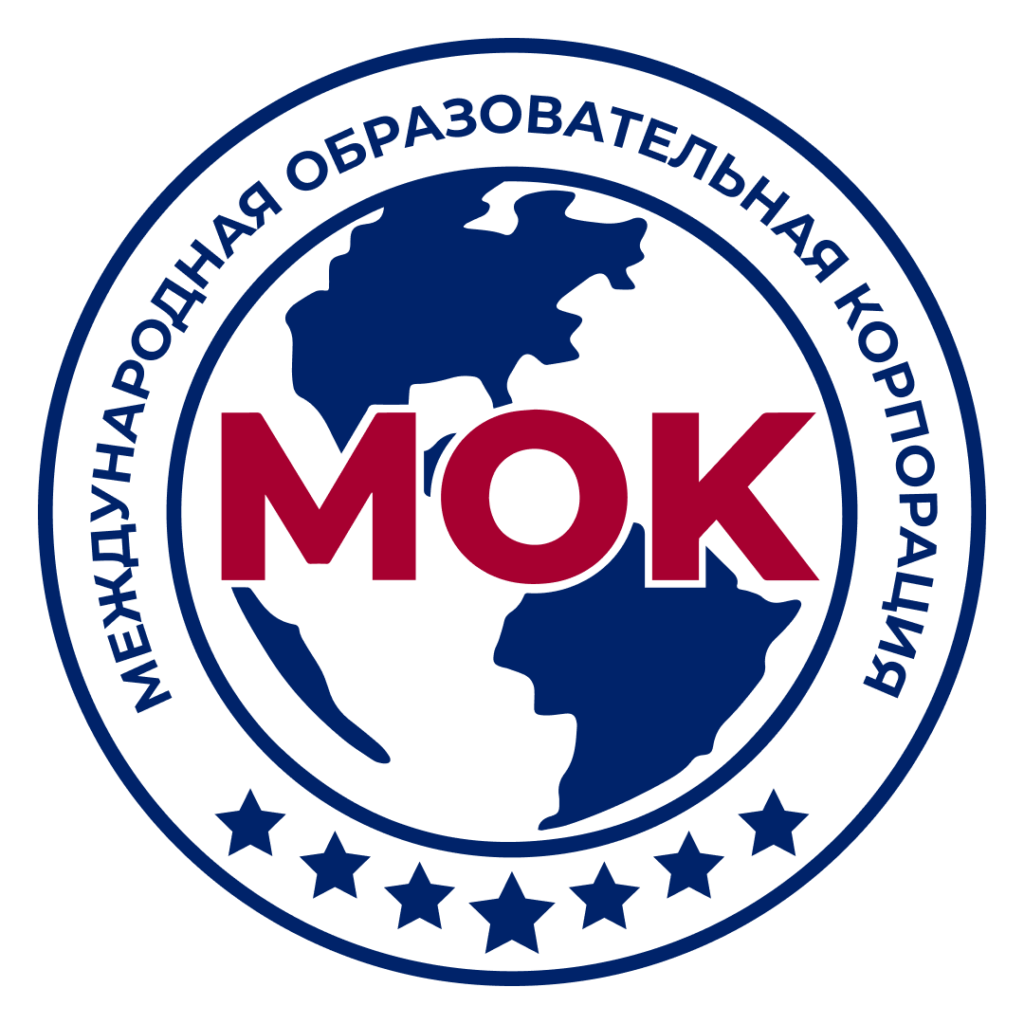Educational Program 8D07211 – “Woodworking Technology and Wood Products (by Application Areas)”
This educational program is designed to prepare qualified researchers in the field of design, production, and quality control of wood products using advanced information technologies, mathematical and computer modeling methods, and modern research methods to effectively solve professional tasks. It also prepares specialists capable of transferring knowledge and experience to teaching activities in higher education institutions.
The program applies an individualized approach to learning, ensuring the transformation of professional competencies from professional standards and qualification standards into learning outcomes. It implements student-centered learning – an educational principle that shifts the focus of the educational process from teaching (as the primary role of the teaching staff in “transmitting” knowledge) to learning (as the active educational activity of the student).
The ultimate goal of this educational program is to prepare high-skilled and competitive scientific and pedagogical professionals for the international labor market in the field of woodworking technology. These professionals will possess a high level of general and professional culture, be capable of scientific research and innovative activity, and have the methodology and skills to transfer knowledge to students in higher education institutions.
Disciplines Studied in the Program:
Research methods
Materials science and the technology of new innovative materials
Current issues in enhancing professional potential
Innovation activities in enterprises
Ecology and rational processing of wood raw materials
Objects of Professional Activity:
All objects related to wood processing and production
Interdisciplinary scientific tasks: development of methods to improve and optimize woodworking technologies, creation of new materials and structures made of wood, and determining their quality and durability parameters.
Short Description of Learning Outcomes for Program “8D07211 – Woodworking Technology and Wood Products (by Application Areas)”: Graduates will demonstrate deep knowledge in technology transfer and scientific research, apply innovative approaches to the development and implementation of new wood materials, predict the outcomes of innovation activities, critically analyze complex ideas and phenomena, generate solutions to current problems, use high-tech methods in professional activities, demonstrate leadership qualities, and contribute to the advancement of technological, social, and cultural development in society.

